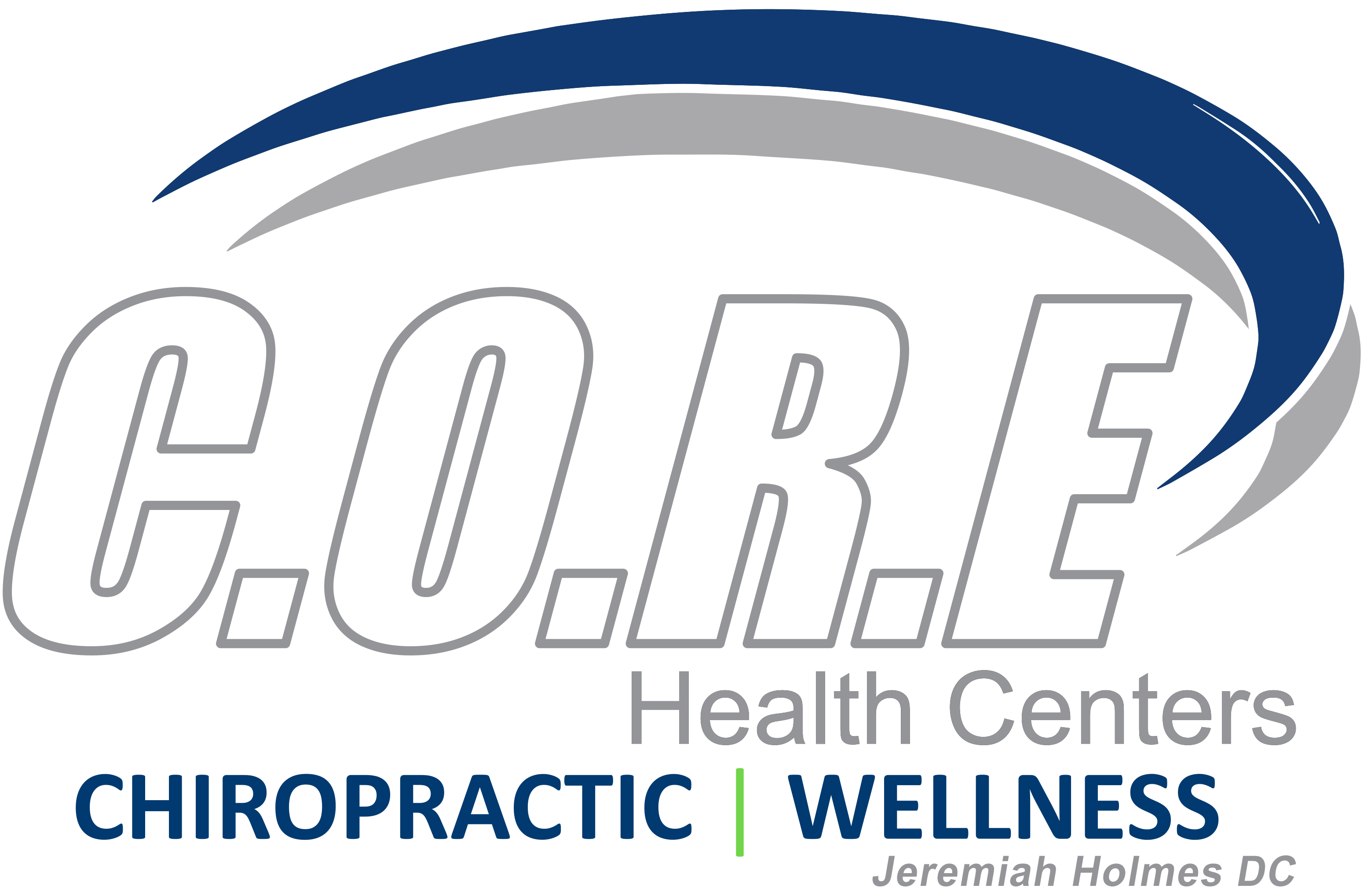When it comes to giving a deposition, it’s essential to be prepared and understand what to expect. A deposition is a formal proceeding during which you will be asked questions under oath by the opposing party’s attorney.
Importance of Preparation: Before the deposition, it is crucial to thoroughly review the patient’s medical records, treatment plans, and any other relevant documents. Familiarize yourself with the case details and be prepared to answer questions about your diagnosis, treatment, and prognosis. Consulting with your attorney can help you understand the legal aspects and potential areas of questioning.
Role of the Attorney: Your attorney will be present during the deposition to protect your interests and ensure that the questioning remains within the scope of the case. They may object to certain questions if they are irrelevant, privileged, or violate the rules of evidence. It is important to listen to your attorney’s guidance and follow their advice throughout the deposition.
Setting and Participants: Depositions typically occur in a conference room or attorney’s office, rather than a courtroom. The participants usually include the insurance defense attorney, a court reporter, and possibly the plaintiff and their attorney. It is important to maintain a professional demeanor and treat everyone with respect during the deposition.
Questioning Process: The opposing attorney will ask you a series of questions related to the case. It is essential to listen carefully to each question and take your time before answering. If you do not understand a question, ask for clarification. It is crucial to be honest and accurate in your responses, as your testimony can be used as evidence in the case.

Types of Questions: The opposing attorney may ask a variety of questions during the deposition. These can range from general background information about your education and experience as a chiropractor to specific questions about the patient’s condition, treatment, and progress. They may also ask hypothetical questions or challenge your opinions and conclusions.
Be prepared to defend your fees. You will be asked questions about your billing practices regarding patients without insurance and patients with health insurance and all documents reflecting differences in billing practices concerning litigation patients versus non-litigation patients. Your practice must have a single fee schedule that applies to all patients regardless of who pays the bill. Discounts should only be offered when it is required by mandate, by contractual agreement, or a documented hardship. Watch this webinar to learn more.
Expert Opinion: As a chiropractor, you may be asked to provide expert opinions during the deposition. It is crucial to base your opinions on your professional knowledge, training, and experience. Be prepared to explain the rationale behind your opinions and provide supporting evidence if necessary.
Objections: Your attorney may object to certain questions if they are improper or violate the rules of evidence. If an objection is made, you should wait for your attorney to provide guidance on how to proceed. Do not answer the question if your attorney instructs you not to do so.
Confidentiality and Privilege: It is important to understand the limits of patient confidentiality and attorney-client privilege during a deposition. While you should generally answer questions truthfully, there may be instances where you need to assert privilege or confidentiality. Consult with your attorney if you have concerns about disclosing certain information.
Professional Demeanor: Throughout the deposition, it is important to maintain a professional demeanor. Be respectful to all participants, even if you disagree with their questions or tactics. Avoid arguing with the opposing attorney or becoming defensive. Stick to the facts and provide clear, concise answers.
Review the Transcript: After the deposition, you will have the opportunity to review the transcript of your testimony. It is important to carefully review the transcript for any errors or inaccuracies. If you notice any mistakes, inform your attorney so they can address them appropriately.
In conclusion, giving a deposition can be a daunting experience. However, with proper preparation, understanding of the process, and guidance from your attorney, you can navigate the deposition successfully. Remember to be honest and professional. And consult with your attorney throughout the process.
Dr. Ray Foxworth, DC, FICC, is founder and CEO of ChiroHealthUSA. For over 35 years, he worked “in the trenches” facing challenges with billing, coding, documentation, and compliance, in his practice. He is a former Medical Compliance Specialist and currently serves as chairman of The Chiropractic Summit, an at-large board member of the Chiropractic Future Strategic Plan Committee, a board member of the Cleveland College Foundation, and an executive board member of the Foundation for Chiropractic Progress. He is a former Staff Chiropractor at the G.V. Sonny Montgomery VA Medical Center and past chairman of the Mississippi Department of Health.


